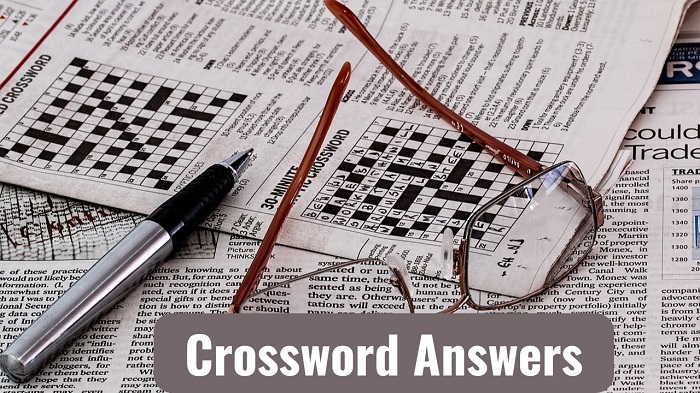Aggressively Question NYT: A Deep Dive into the Art of Tough Journalism

Introduction: What Does It Mean to “Aggressively Question” the NYT?
The New York Times (Aggressively Question NYT) has long been a pillar of journalism, known for its in-depth reporting and rigorous investigations. However, in an era of increasing media scrutiny, many have started to “aggressively question” the NYT itself. This phrase can mean different things to different people. For some, it means holding the publication accountable for its reporting, biases, or omissions. For others, it signals a broader discussion about the role of mainstream media in shaping public opinion. In this article, we’ll explore what it means to aggressively question the NYT, why people do it, and whether this scrutiny is justified.
The Role of the NYT in Modern Journalism
The NYT is often regarded as one of the most influential newspapers in the world. Its coverage spans politics, business, science, culture, Aggressively Question NYT and international affairs. It has broken major stories, from the Pentagon Papers to the more recent investigations into powerful figures in politics and entertainment.
However, the NYT, like any major media outlet, is not without criticism. Some accuse it of political bias, whether leaning too far left or too Aggressively Question NYT cautious in its reporting on sensitive topics. Others argue that it occasionally prioritizes sensationalism over substance. Given its influence, the way the NYT presents news matters, Aggressively Question NYT making it a frequent target of those who want to ensure journalistic integrity.
Why Do People Aggressively Question the NYT?
There are several reasons why individuals, Aggressively Question NYT organizations, and even governments aggressively question the NYT. Some of these include:
Perceived Bias

Critics from Aggressively Question NYT both ends of the political spectrum have accused the NYT of bias. Conservatives often argue that the paper leans liberal, while some progressives believe it fails to challenge the status quo aggressively Aggressively Question NYT enough. This perception of bias leads many to question the publication’s editorial choices, wordings, and framing of issues.
Reliability and Accuracy
Despite its reputation, the NYT has had to issue corrections and retractions over the years. High-profile mistakes—such as the coverage of weapons of mass destruction in Iraq—have led many to scrutinize its fact-checking process. Readers expect Aggressively Question NYT high standards, and any deviation invites skepticism.
Influence on Public Opinion
The NYT has a massive readership and can significantly influence public discourse. Some critics believe it uses this power to shape narratives rather than report facts neutrally. This influence makes it a target for those who feel its reporting affects political and social dynamics unfairly.
The Impact of Aggressive Scrutiny on the NYT
While questioning the NYT can be Aggressively Question NYT healthy for journalism, it also has consequences. Some of these effects include:
Encouraging Stronger Journalism
When a media outlet faces tough questioning, it can push journalists to be more meticulous with their work. Constructive criticism can lead to better reporting, stronger fact-checking, and more balanced perspectives.
Erosion of Trust in Media
On the flip side, excessive skepticism—especially when fueled by misinformation—can contribute to a broader distrust in journalism. If people lose faith in credible sources, they may turn to less reliable outlets, leading to the spread of conspiracy theories and false information.
Changes in Editorial Policies
In response to scrutiny, the NYT has made adjustments over the years, including diversifying its newsroom, adopting stricter fact-checking protocols, and being more transparent about corrections. Whether these changes are enough remains a point of debate.
Is Aggressively Questioning the NYT Justified?
Scrutiny of powerful institutions is essential for a healthy democracy. However, the way in which people question the NYT matters. Constructive criticism that aims to improve journalism is valuable, while baseless attacks driven by political agendas or misinformation can be harmful.
It’s important for readers to engage with news critically, cross-check facts, and differentiate between valid concerns and unfounded accusations. Holding the media accountable should be a balanced process, ensuring that journalistic integrity is upheld without undermining the role of reputable news organizations.
Conclusion: The Future of Media Scrutiny
The NYT, like any major news outlet, will continue to face scrutiny. In an era where information is abundant yet trust in media is declining, aggressively questioning journalism can be both a safeguard and a challenge. The key is to approach media criticism thoughtfully—demanding accuracy and fairness without undermining the essential role of investigative journalism. As media landscapes evolve, so too must the ways in which we engage with and question our sources of news.


